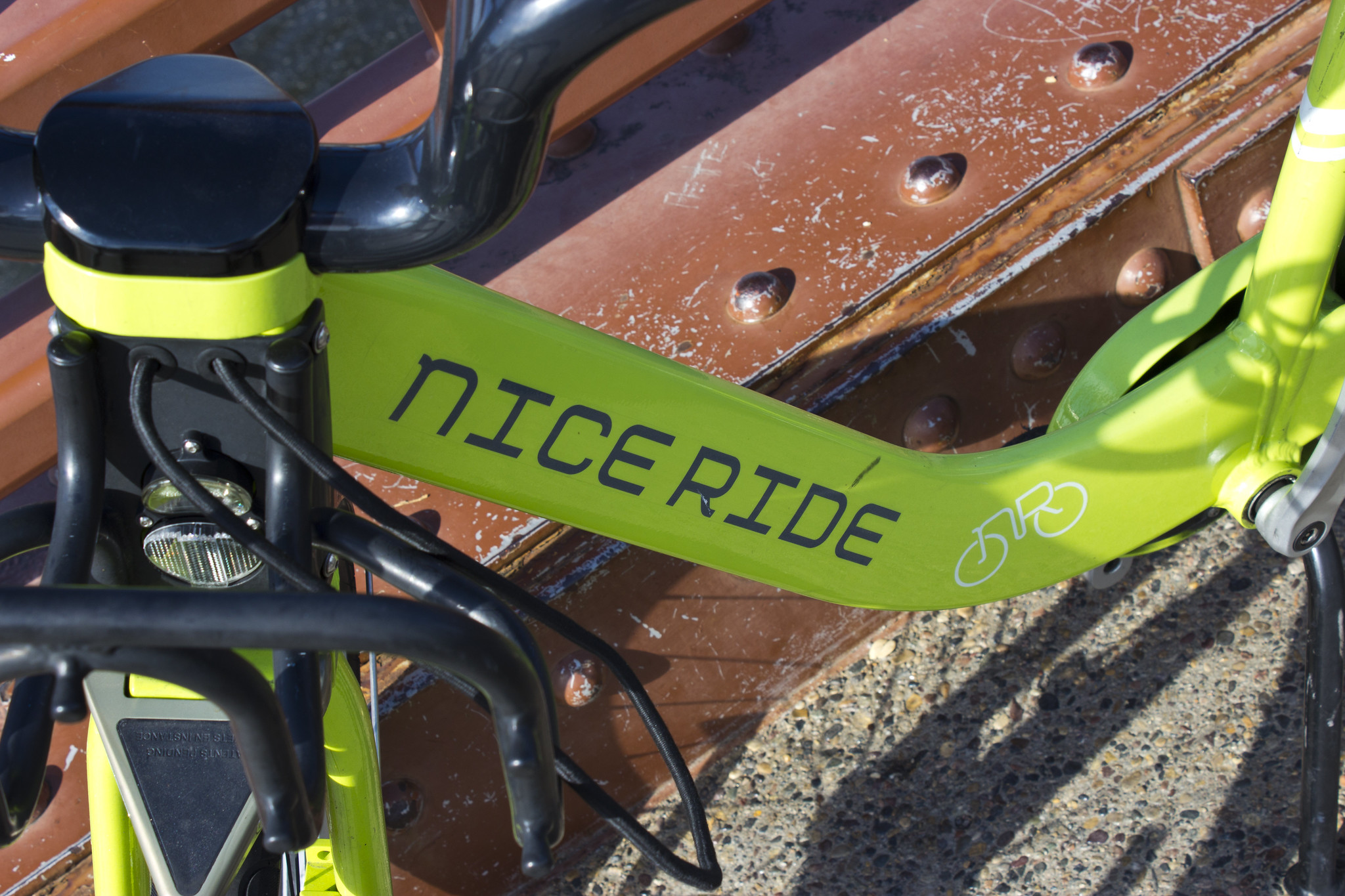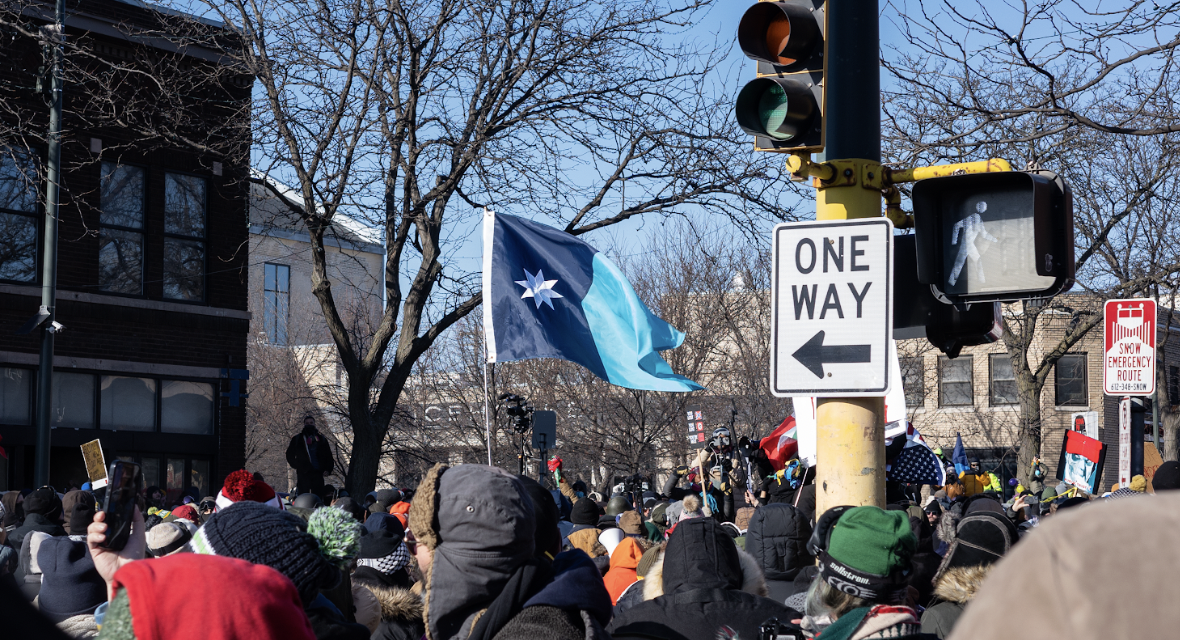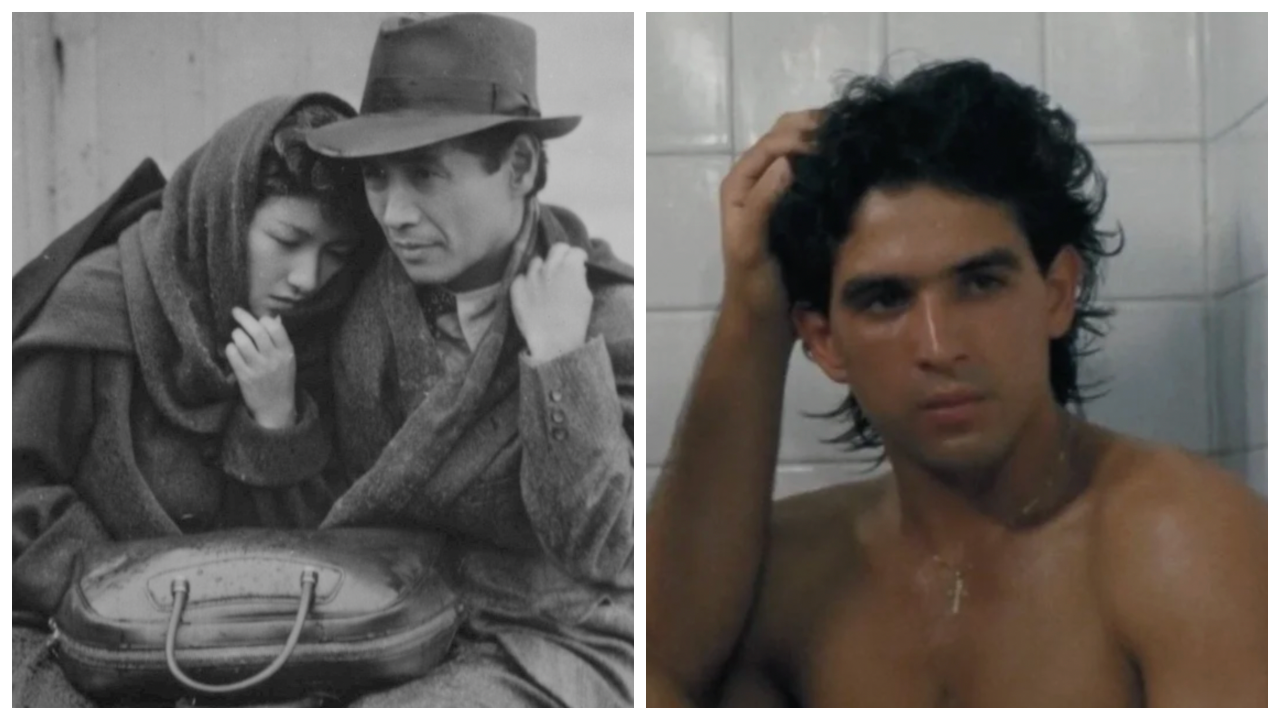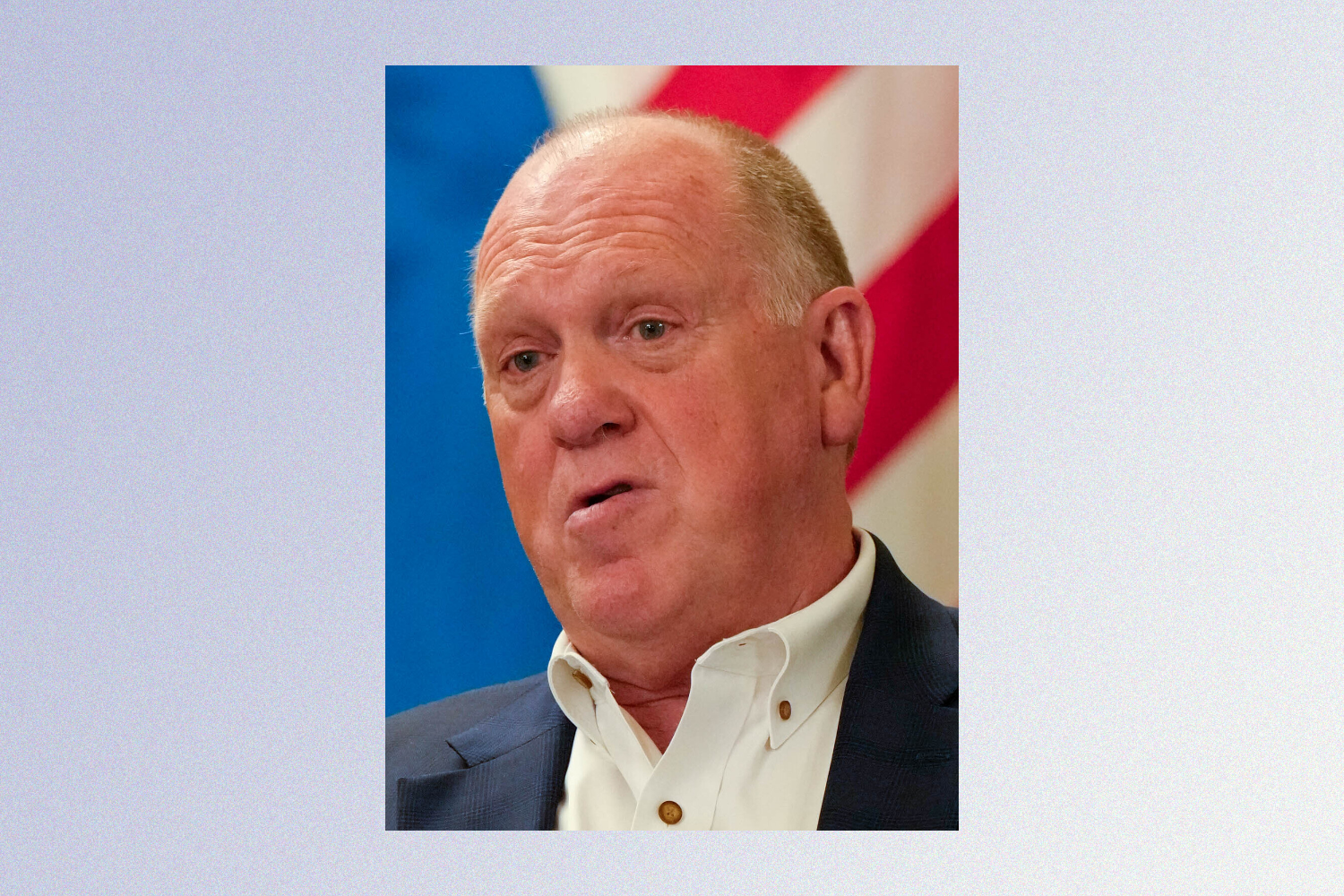Welcome back to The Flyover, your daily digest of what local media outlets and Twitter-ers are gabbing about.
Nice Ride You Have There... Shame If Some Feckless Institutions Let It Die
Earlier today Racket delivered a depressing scoop: After 13 years, there will be no Nice Ride in 2023—or possibly ever again. The Minneapolis bike share program's financial woes—namely, a $2 million budget shortfall after stinkin'-rich insurance giant Blue Cross Blue Shield eliminated its support—first made headlines last year. Transportation advocacy groups Move Minnesota and Our Streets implored politicians to do something to help save a piece of transit infrastructure any self-respecting city this size should boast. Sounds like state and local government were as helpful as the private sector.
"We are also saddened regarding the loss of funding for Nice Ride," says Carly Ellefsen, communications manager with Our Streets. "We supported Move Minnesota's efforts by sharing their action alert with our base. We also asked legislators to support state funding. Despite reaching out to the city of Minneapolis and making our public position known, they did not engage with us or issue a statement regarding Nice Ride funding." (The city did provide a statement to the Strib last fall, bravely declaring that it... supported operator Lyft's since-failed quest to find a new corporate sponsor.) What efforts, if any, did Minneapolis leaders take to save Nice Ride? We asked the city PR department this afternoon. Here's the response:
"The City is disappointed that Lyft could not find a new private sponsor to support their operation of the Nice Ride system," says spokesperson Sarah McKenzie. "Regardless of the outcome, the City has other licensees in the Shared Bike and Scooter Program interested in providing shared bikes, ensuring that the city will have bikes in the program this upcoming season."
"Rondo Is Still Alive"
That's ReConnect Rondo leader Keith Baker speaking with MinnPost's Kyle Stokes today, in an in-depth Q&A about the nonprofit's efforts to reconnect this historically Black St. Paul neighborhood via a land bridge over I-94. The project, which has been stalled by Senate Republicans in the past, got a boost this week in the form of a $2 million grant from the U.S. Department of Transportation to fund new studies of the idea. (As Stokes notes, the timing is good: MnDOT is also undertaking an effort to get public feedback on improving the I-94 corridor.) Baker outlines the significance of this new grant, discusses the benefits of the land bridge as opposed to proposals that would "fill in" I-94, and addresses the possibility of funding a project with an estimated $454 million price tag—which he says really isn't an astronomical figure. "We’re making a technical case, a business case, a moral case and a just case," Baker says. "Everything has to be founded in studies that articulate that case to the federal government, city, or county in language they understand."
3M and Other Corporations Fight for Forever Chemicals, Mark Ruffalo Fights Back
Invented by Minnesota-based 3M, per- and polyfluoroalkyl substances are used to make carpets stain-resistant and cookware non-stick, among many other uses. They’re also known as PFAS or “forever chemicals,” and they leak toxins into soil and water and cause cancer, fertility issues, and liver damage. A new Minnesota bill would begin to regulate these substances–or at the very least track their existence. PFAS-producing companies aren’t having it, of course, citing cost and administrative burdens. Now, according to this great Deena Winter story in Minnesota Reformer, they’re sending in the lobbyists. “The chemical lobby is hitting Minnesota lawmakers hard,” Avonna Starck, state director of Clean Water Action, tells Winter. “We also have to be really loud because the high-paid lobbyists that are being flown in are loud.”
Enviro-groups have at least one celebrity supporter: Last week Mark Ruffalo took it all the way to the top, calling on President Joe Biden to put people before polluters. “They’ve made billions,” the star of Spotlight and Foxcatcher said during a press briefing. “They’ve made their American dream come true and now the rest of us are living in a nightmare.” Hulk smash for us, Mark! Meanwhile, chemical companies will likely continue to throw money at the problem, which, to their credit, seems to work: Winters points out that in 2019 and 2020 the biggest PFA producers spent $61 million successfully lobbying against regulation.
Why Are We Like This?
Analyzing the cultural quirks of the native Minnesotan is a job best fit for an outsider journalist/armchair anthropologist. Perhaps that's why VinePair enlisted our Boston-born beer columnist, Jerard Fagerberg, to answer a fascinating Q: How did pull-tabs became a pillar of Minnesota’s bar culture? Unsurprisingly, Fagerberg knocked it out of the park with deep-dive historical research and quotes sourced from industry officials to loveable barflies. "The answer to why Minnesotans love pull-tabs the best is probably longer than I can explain in 2,500 words," Fagerberg told us when we demanded a quote via Gchat. "But I think it has something to do with the fact that this is one of the most charitable states in America, and folks here love to drink." Cheers!







